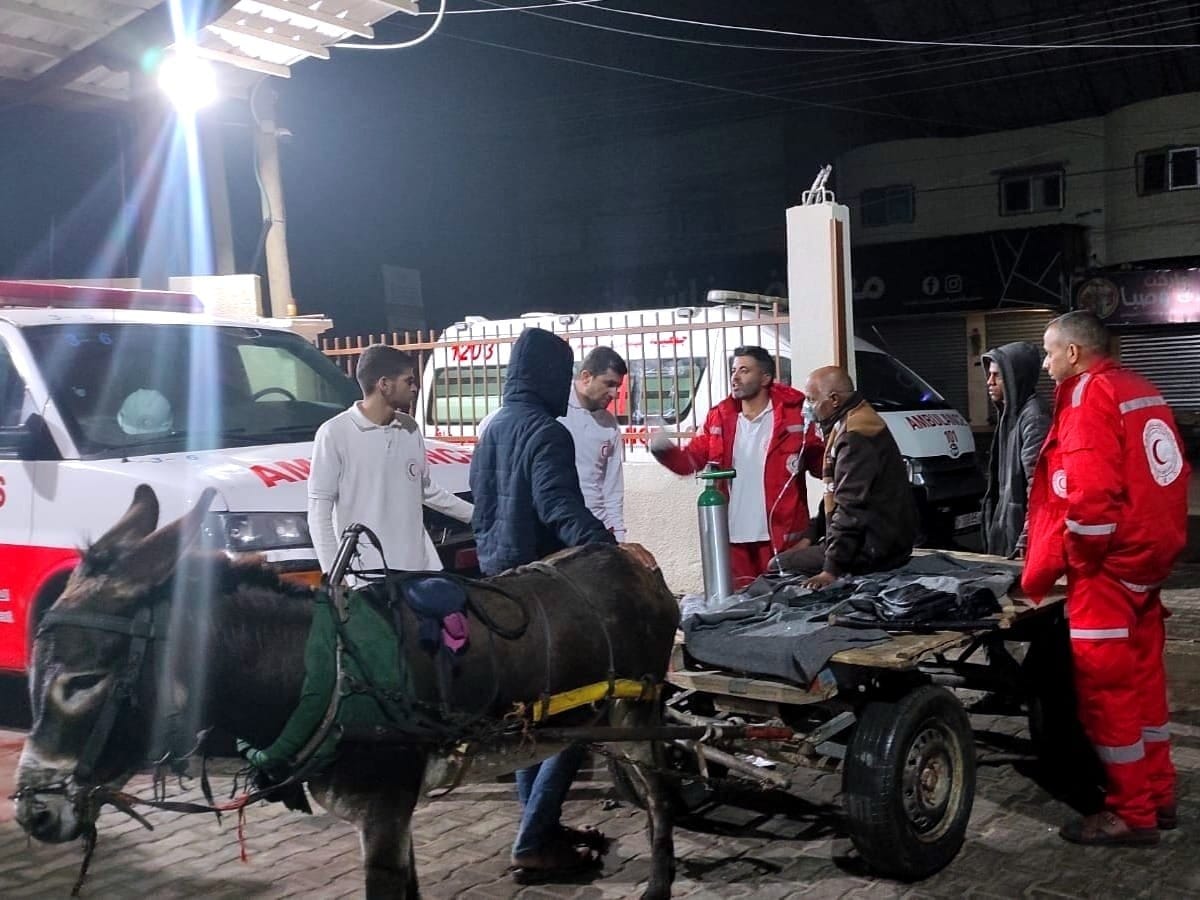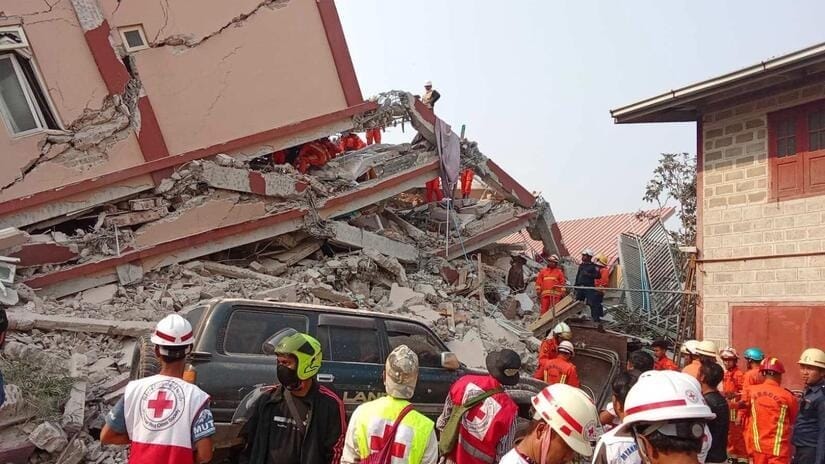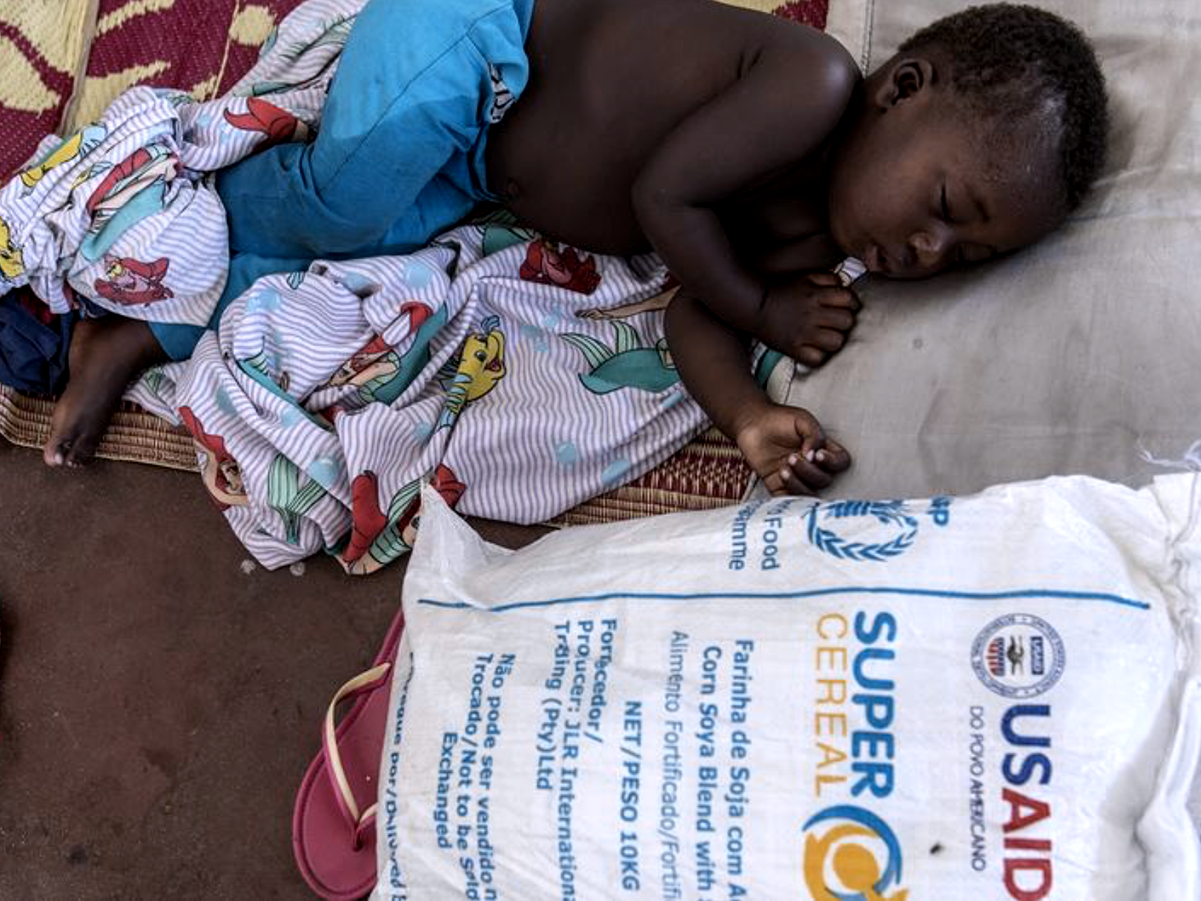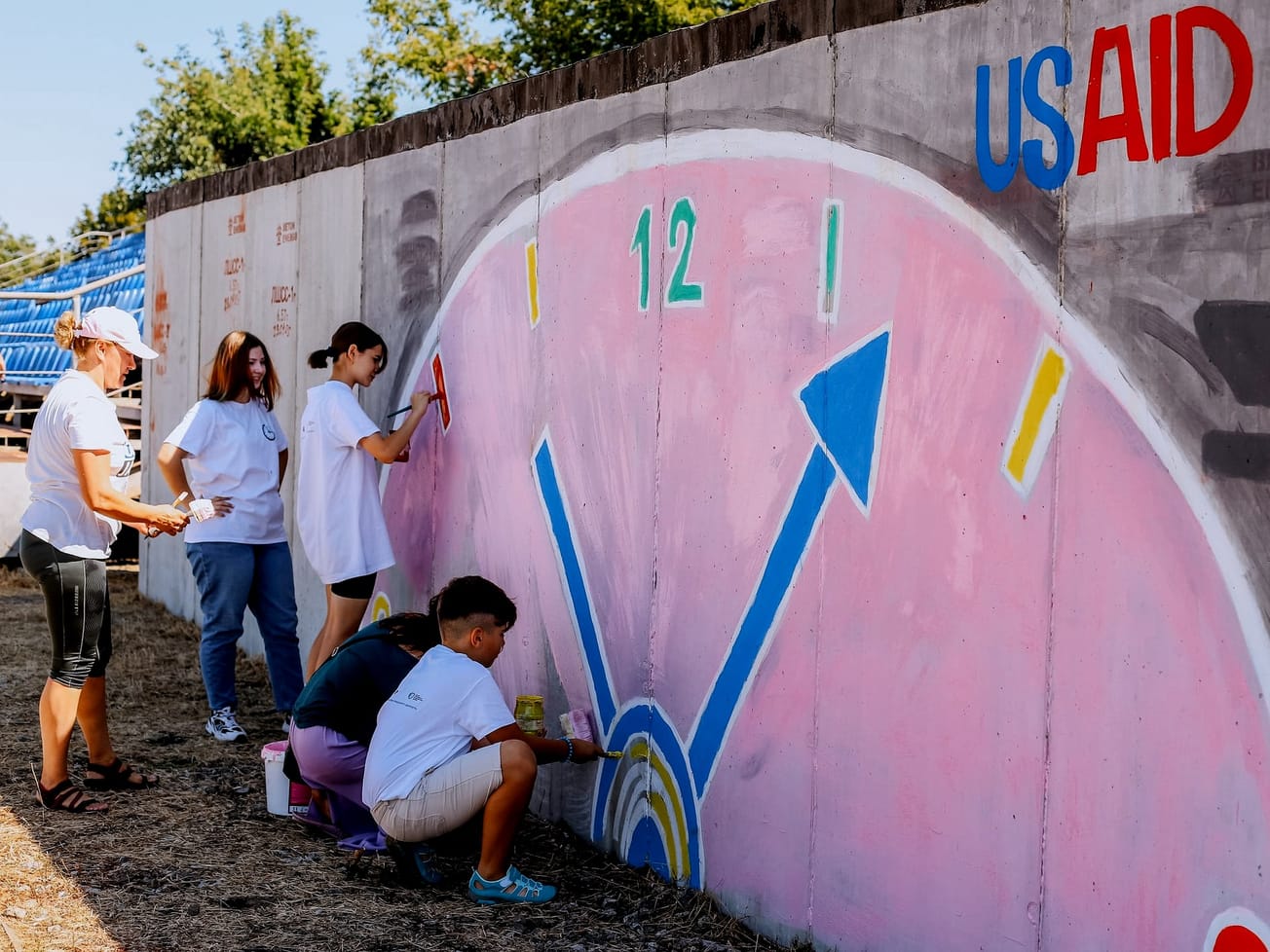Despite the U.N. chief's rare attempt to pressure the U.N. Security Council, the United States vetoed a draft resolution backed by most other council members demanding an immediate humanitarian cease-fire in Gaza, where Israel's military offensive pushed Palestinians toward starvation.
London-based Save the Children warned food and other basic items were being used as weapons of war, saying it "has continued to hear harrowing accounts of families going multiple days without food, shelter, water and access to health care, including in the so called ‘safe zone’ of Al-Mawasi," a strip of land with a makeshift tent camp by the Mediterranean Sea.









